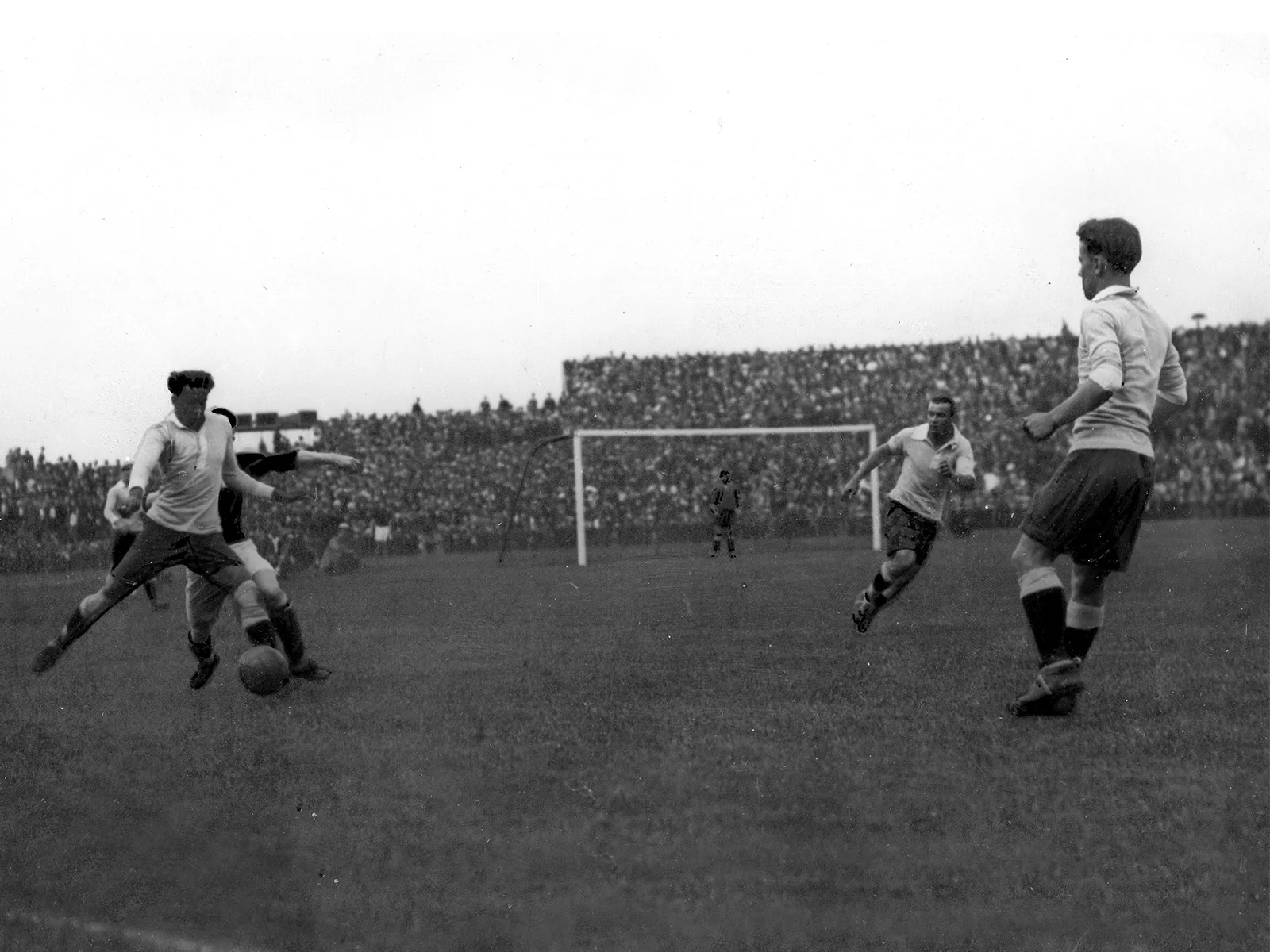
Switzerland is European champion!
100 years ago, the Swiss national team celebrated the greatest triumph in its history. It was almost prevented - due to a lack of faith and a great deal of stinginess.
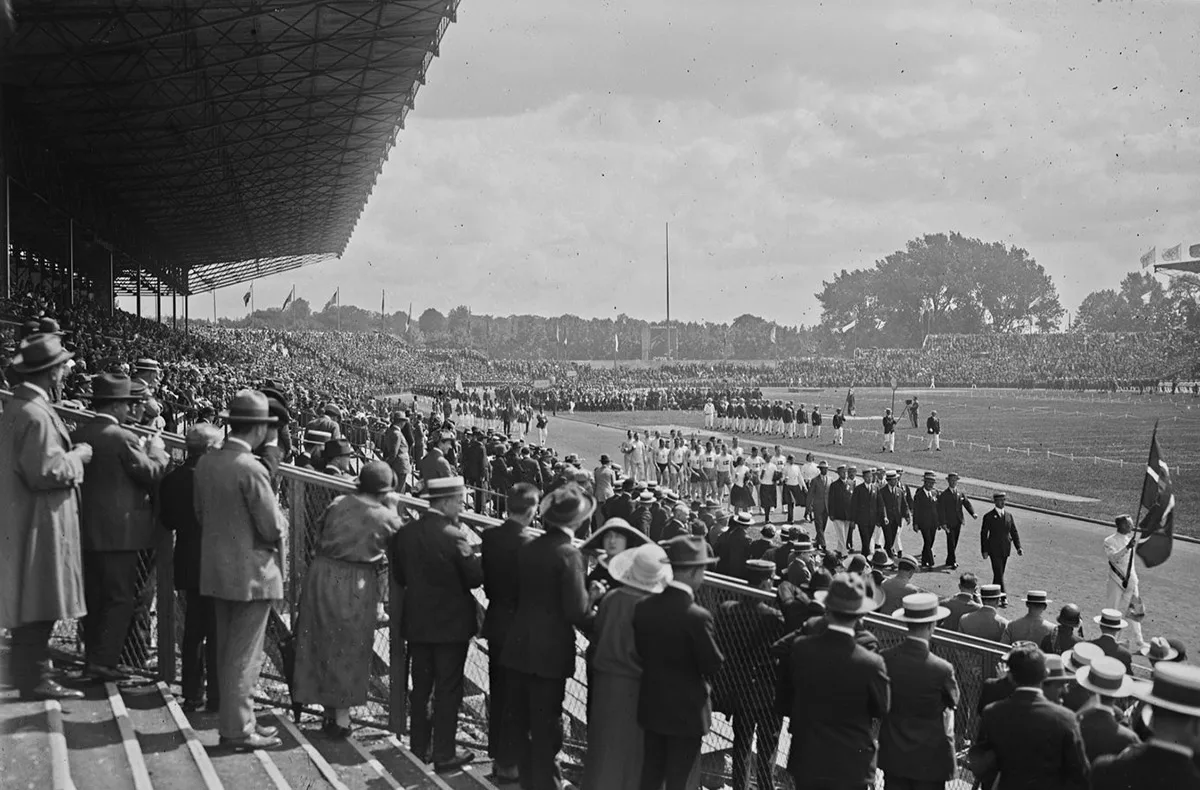
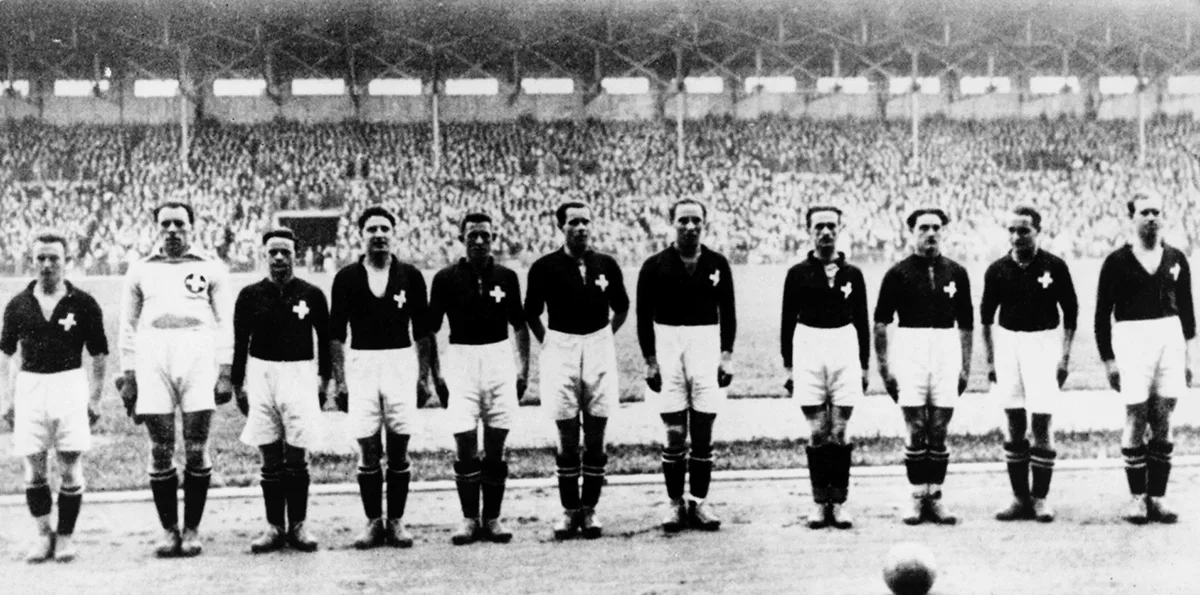
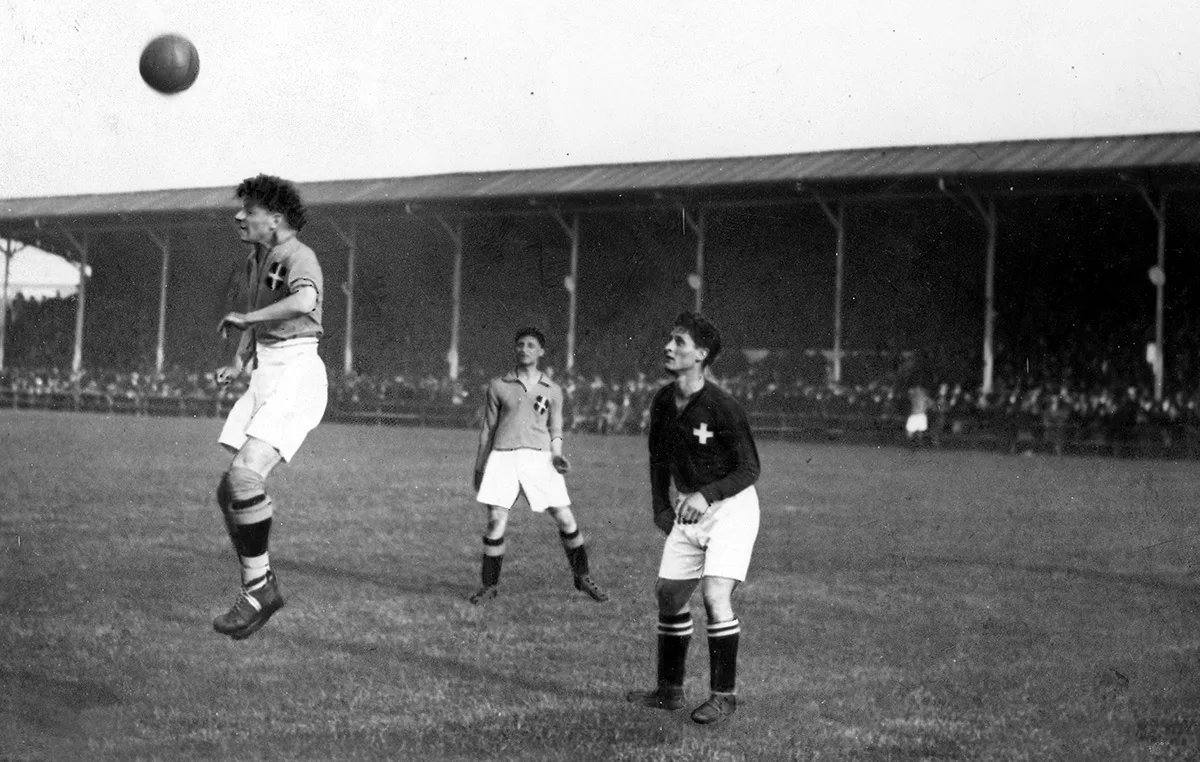
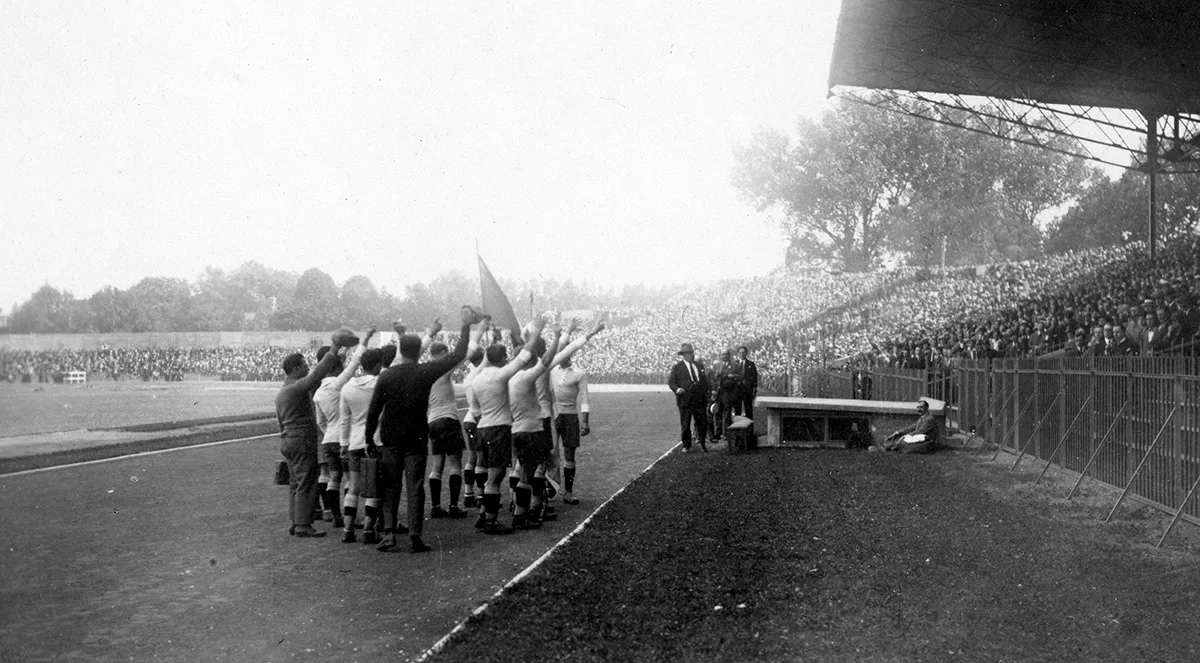
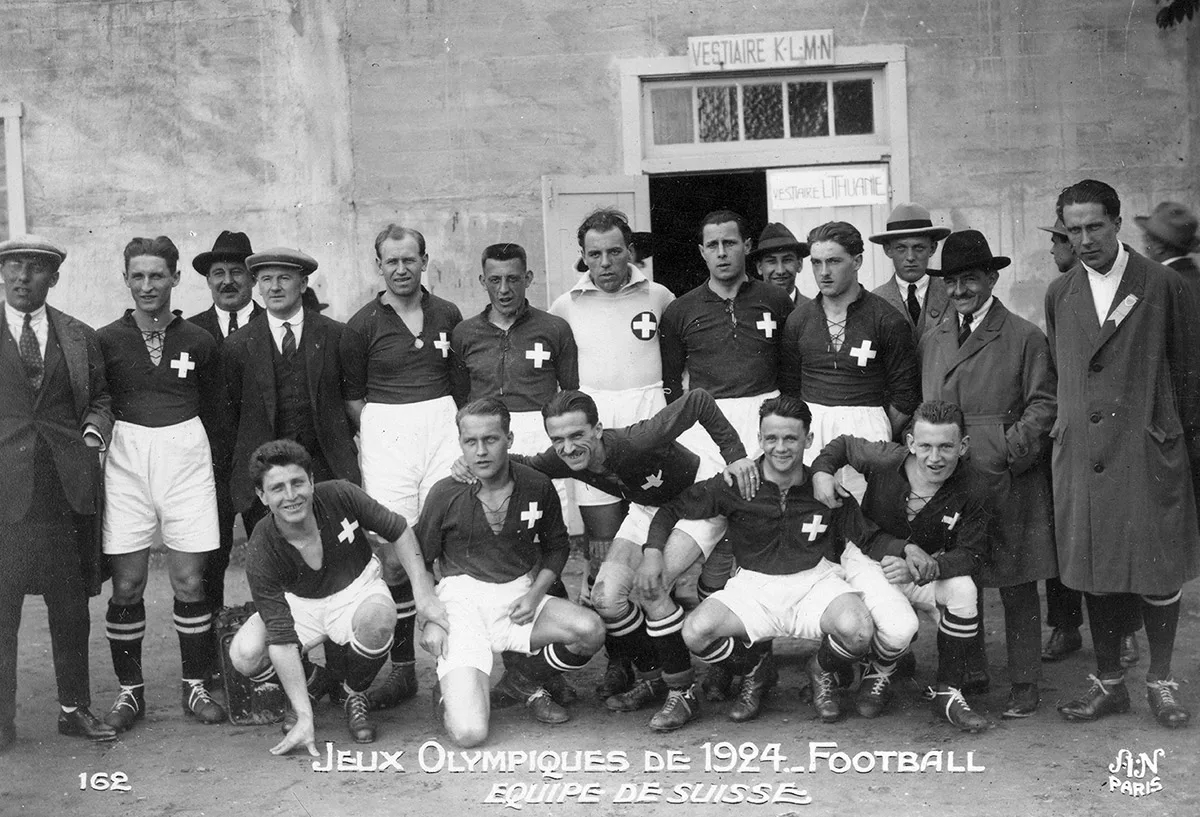

100 years ago, the Swiss national team celebrated the greatest triumph in its history. It was almost prevented - due to a lack of faith and a great deal of stinginess.




